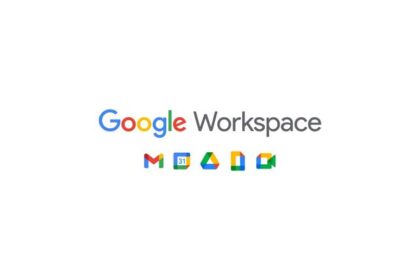In the latest episode of First Person we meet Daniel Avancini, an academic turned entrepreneur, analyst and business person turned coder. He tells us about how he doesn’t always know his final destination, but he understands the direction in which he wishes to travel and makes decisions so he heads that way. How he hedged (in his parlance) by keeping one foot in academia and one in corporate life.
Most of all Daniel has great advice for those starting out who are challenged by the impact of AI on the future of work: understand your passion and what you are great at, and add value by doing things that AI can’t do. Namely build relationships and generate insights in order to devise winning strategies. You can watch the interview here, listen to it here, or watch it in the box below:
First Person Meets… Daniel Avancini: Stay curious
“I’m a very curious person,” says Daniel Avancini. “I always loved to really understand deeply different subjects.”
He’s not lying. Daniel is an academic turned entrepreneur, an analyst and business person who shifted into writing code. When we met recently to record our episode of First Person he told us that he doesn’t always know his final destination, but he understands the direction in which he wishes to travel and makes decisions so he heads that way. In our chat he explains how he hedged (in his parlance) by keeping one foot in academia and another in corporate life. And from this comes wisdom. (See also: Where AI IT skills are needed most.)
AI plus human insights
“It’s a hard, hard time to start because of AI,” says Daniel. “You really need to understand what makes you different from everyone else. You can’t be just one more person because you could be replaced by AI as much as by another person. Understand what are your qualities, what you’re especially good at, and use that as a lever.”
It’s sound advice, but easy to say from the vantage point of a successful established career. I asked Daniel to give more context.
“If you like to write a lot, can you use that to be a better IT professional? Can you use those skills to build better sales pitches? I don’t know, but you have to understand how what do you connects with the organization’s goal and makes you different from everyone else,” says Daniel.
If an AI can do it, it’s going to do it. Which might mean letting go of skills and tactics at which you are good to focus on where you can add value. It requires a human to generate insights from data, to devise strategies, which is why organizations need the right people to be successful. Something that matters to Daniel as a founder and CEO of an organization in the services industry.
“What makes me proud is the team. Our leadership team started with us when they were really young, and now they lead projects with major corporations. To succeed we had to build a culture where people grow and learn a lot.”
From a business perspective this is a smart hedge against AI. Daniel believes he has the right people, they’re enthusiastic, and they’re pulling in the right direction because they like what they do and who they work with. Supported by judicious use of AI tools and data this may be what the future of the knowledge industry looks like. The question is: how do you become part of that future?
How to start a career in the AI age
“It’s a very challenging time for everyone. Especially people that are at university right now,” says Daniel, who has a positive spin on the impact of AI. “There will be a lot of work for most people.”
But those people will have to be flexible and adapt. “There were magazines, then there were digital magazines. Then there’s blogging, then there’s no blogging. Then there’s social media.”
“Technology changes, but the human aspiration – what people like, what people do, what people consume – doesn’t change that quickly. Focus on those things, and see how AI or technology in general will help you get there – and adapt. I don’t want to write a 50-page report every week, I’ll leave AI to do that. I want to do the analysis,” says Daniel. “I want the insights. Process insights and think about actions, don’t just do the reports.” (See also: How to train your staff for AI.)
Read the full article here










